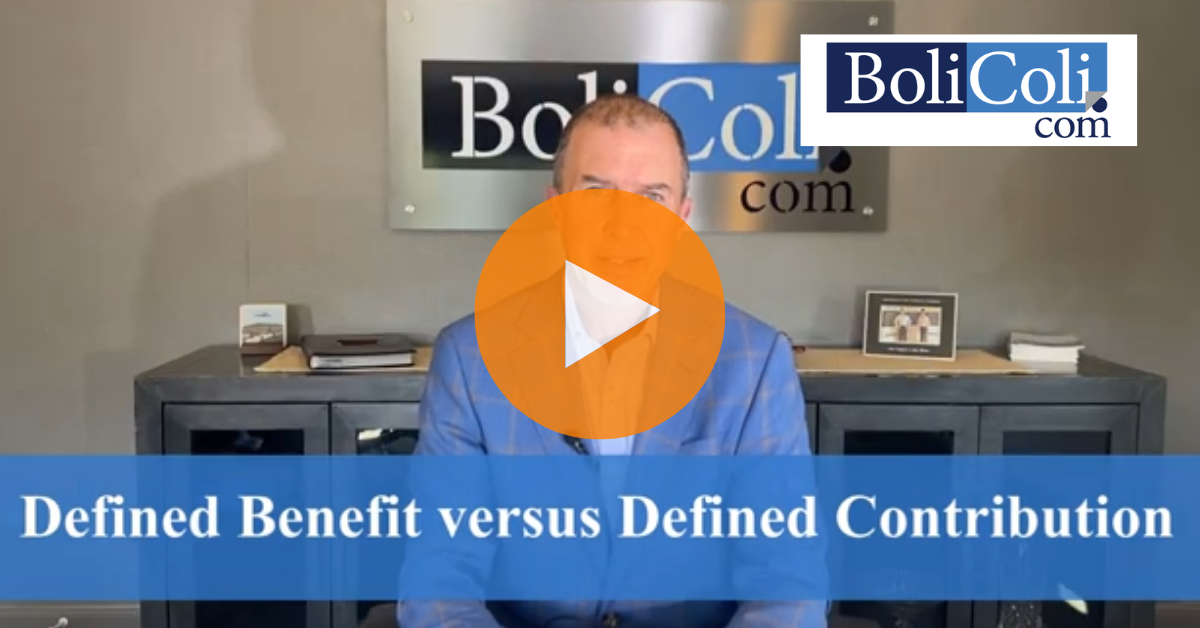NQDC is a supplemental benefit that permits the deferral of earned income to a future date, often aligning with retirement when one’s taxable income is expected to be lower. NQDC provides high-income earners with enhanced savings potential beyond what qualified plans offer. Its flexible structure allows for customization, making it an effective tool for attracting top talent and promoting long-term loyalty and motivation.









